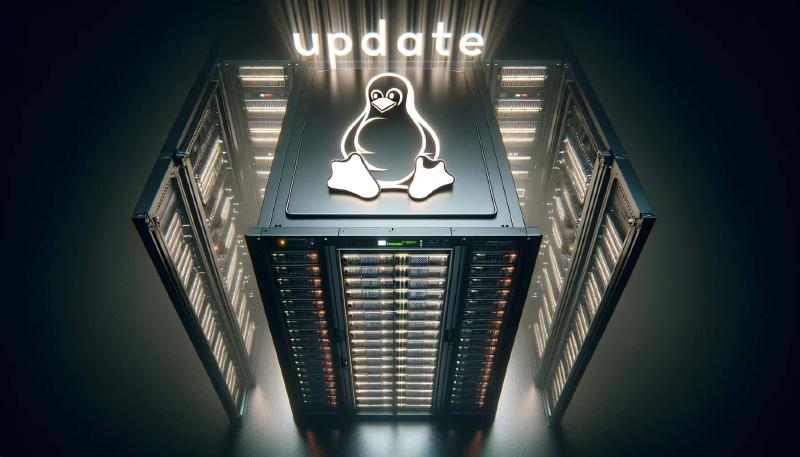When you run a server that relies on containers for almost everything, keeping the system up to date has almost zero chance of breaking anything.
So here is a quick guide to setting up automatic updates on a fixed schedule + automatic reboots for kernel updates (optional)
installing unattended-upgrades
| |
Configuring Unattended-upgrades
Depending on what kind of updates you feel comfortable applying, you can customize the source repository as you like.
allow security updates only
This is actually the default configuration for unattended-upgrades
/etc/apt/apt.conf.d/50unattended-upgrades
| |
allow all updates
/etc/apt/apt.conf.d/50unattended-upgrades
| |
Additional repositories
You can also automate the update for additional repositories such as Docker’s official repositories.
First, go to /var/lib/apt/lists/ and find the Docker repos filename.
In this file you should find something like
| |
For us, the most important details here are origin and suite, as suite is the archive that unattended-upgrades needs to specify which version to use.
To add the docker repository, create a new line under the Distro’s repos in /etc/apt/apt.conf.d/50unattended-upgrades' with the following format ":";`
so in our case it would be "Docker:bookworm";, but what if we don’t want to update this every time the system is upgraded? then you use the ${distro_codename} variable.
| |
and now unattended upgrades should automatically update packages from the docker repos!
Enable automatic reboot for kernel upgrades
If you can tolerate a little downtime, you can also automate system reboots for kernel upgrades
by changing the following settings
| |
to
| |
And you can change the reboot time by changing the default `02:00’ to any time you like (in the local server timezone). REMEMBER TO UNCOMMENT THE SETTING (remove the // and the spaces).
| |
Setting up timers
We will set two timers, one to update apt’s local repo cache and one to apply the updates.
Apt update timer
| |
then add the following in the space between systemd comments (assuming you want to update apt lists at 00:55 server time every day)
| |
and then you should restart the service and check the status of the timer, it should show the next trigger time
| |
Apt upgrade timer
This is very similar to setting the update timer, we just need to make sure it’s after the update job so we can apply the latest updates as they are released.
| |
Again, in the blank space, add the following timer settings (to apply updates at 01:00 server time every day)
| |
and then you should restart the service and check the status of the timer, it should show the next trigger time
| |
and now you have fully automated updates for your entire system!
Sources
https://askubuntu.com/questions/87849/how-to-enable-silent-automatic-updates-for-any-repository
https://wiki.debian.org/StableProposedUpdates
https://linuxiac.com/how-to-set-up-automatic-updates-on-debian/
